TEHRAN(Bazaar) –Shireen Tahmaasb Hunter, a professor of political science at Georgetown University, tells the Bazaar that there is no connection between the UAE's timid efforts to reduce tensions with Tehran and its efforts to reconcile with Assad. If anything, the more Syria is reintegrated within the Arab world, Iran's influence there will diminish.
“If anything, the more Syria is reintegrated within the Arab world, Iran's influence there will diminish,” Hunter comments.
Following is the text of the interview of Bazaar with Prof.Hunter:
Bazaar: The UAE is normalizing its relations with Syria. Is the UAE looking to play an economic role in post-war Syria?
Hunter: For some time now the UAE has been quite active in several Arab countries as well as normalizing its relations with Israel. In the process it has used its financial resources as an instrument of its influence. Now that it appears that Bashar Assad will remain in power in the foreseeable future, the UAE wants to be the first Arab state to establish its presence there. The UAE's financial resources are a major instrument in achieving this goal.
Bazaar: Some argue that given the start of diplomacy between Iran and Saudi Arabia, the UAE is also seeking to expand its relations with Iran by normalizing relations with Syria. What is your opinion?
Hunter: I don't see any connection between the UAE's timid efforts to reduce tensions with Tehran and its efforts to reconcile with Assad. If anything, the more Syria is reintegrated within the Arab world, Iran's influence there will diminish. Syria turned to Iran because Arab states did not support it. Moreover, Iran's influence in Syria is on the wane. As security threats become less serious and economics acquire more importance, Iran's leverage on Syria diminishes and that of rich Arabs increases. Also, don't forget that, after all, Syria is an Arab country and culturally and otherwise feels closer to Arabs.
Bazaar: What effects will Iran's talks with Saudi Arabia and the statement of the Emirati officials that they seek to expand relations with Iran have on Iran's trade relations with these two countries?
Hunter: So far, I have not seen any substantial evidence of the Saudis and the Emiratis' seriousness in trying to re- engage with Iran. The legacy of the ancient past and decades of acrimonious relations have left deep scars which cannot be so easily healed. Also, Iran's estrangement from the West continues to limit the prospects for Iran-Gulf Arab cooperation. I doubt that these states would want to help revitalize Iran's economy. Iran's experience with Qatar, when Qatar was under the Gulf boycott, shows that Arabs will not help Iran.
Bazaar: One of the issues regarding the expansion of cooperation between Iran and the countries of the Gulf Cooperation Council is the establishment of an economic union in the Persian Gulf region. Can this idea be realized?
Hunter: The GCC members after four decades and many efforts have not been able to achieve economic unity, largely because of many differences among them. Therefore, I doubt that an economic union with Iran's participation could be achieved in the foreseeable future. Before that happens, some intra-Arab plans dating from the 1970s might be resurrected. But I even doubt that.
Bazaar: Given the current trend and the efforts of countries such as the UAE to enter the Syrian market, do you think Iran can play an effective role in the reconstruction of Syria?
Hunter: In view of Iran's current economic and financial difficulties, it is unlikely that Tehran could become a major actor in Syria's reconstruction. Moreover, Russia, some European states, and rich Arabs most likely will dominate the scene. Syria has been manipulating Iran for forty years without giving anything in exchange.
In general, without the resolution of Iran's problems with the West, especially the US, Iran's regional economic relations are unlikely to expand greatly. Moreover, this expansion requires the improvement of Iran's economy and its productive capacity.






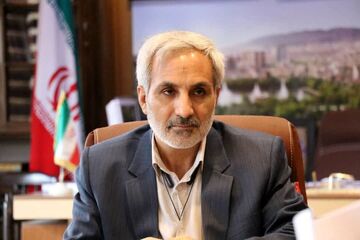
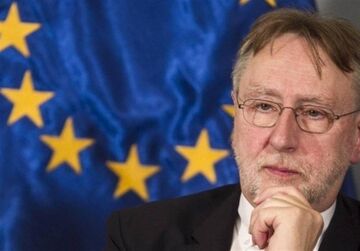


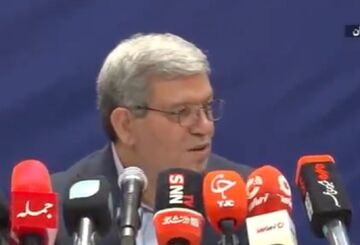
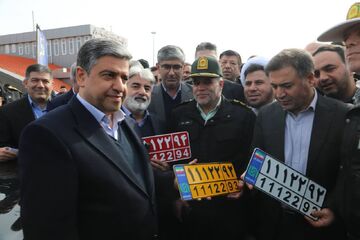

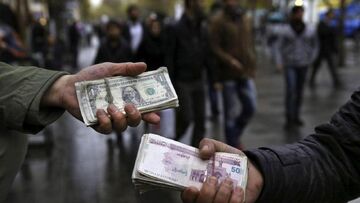

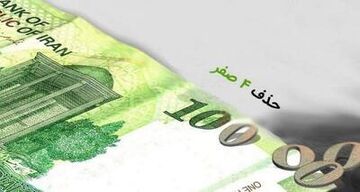
نظر شما